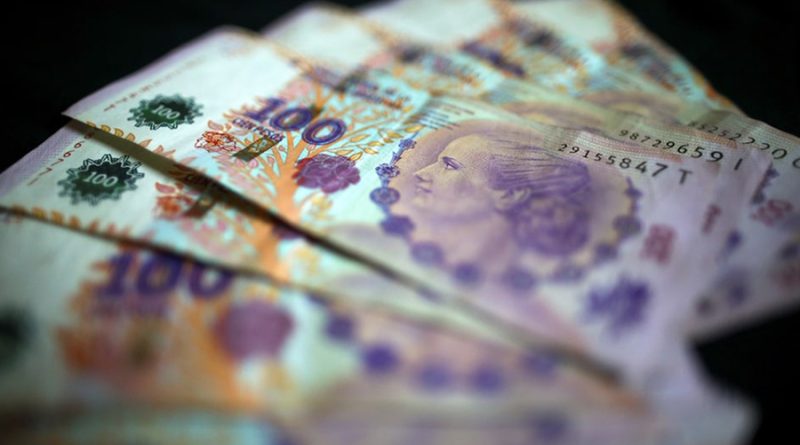The United States has stepped up its financial support for Argentina, purchasing more pesos in the open market and preparing a $20 billion debt investment facility aimed at stabilizing the crisis-hit South American economy, US Treasury Secretary Scott Bessent said Wednesday.
Speaking at a press conference, Bessent said the initiative would complement a $20 billion US currency swap line, bringing total potential support to $40 billion for Latin America’s third-largest economy. He did not provide further details on the peso purchases, which follow an initial operation on October 9.
The announcement helped Argentine stocks recover, rising 1.7% by the close after an earlier 4% surge, while international dollar bonds edged higher. However, the peso weakened 1.7%, settling at 1,378 per dollar, as markets digested the news.
The US move came a day after President Donald Trump appeared to cast doubt on continued support for Buenos Aires, saying Washington would not “waste our time” with Argentina if President Javier Milei’s party loses the October 26 parliamentary elections.
Bessent later clarified that US backing would depend on policy, not politics.
“It is policy-specific,” he said. “As long as Argentina continues enacting good policy, they will have US support.”
He added that a win for Milei’s La Libertad Avanza party would give the libertarian president more leverage to defend his austerity and free-market reform agenda against political opposition.
Bessent also confirmed that the new private-sector facility—still under development—would help Argentina meet upcoming debt obligations.
“It’s a private-sector solution to Argentina’s upcoming debt payments,” he said, noting that banks and sovereign wealth funds have already expressed interest.
In Buenos Aires, Economy Minister Luis Caputo said the government hopes to finalize the $20 billion swap line before the election, adding that policy continuity would remain regardless of the outcome. He also hinted at additional financing arrangements and said US businesses had informally pledged billions of dollars in new investments.
The US Treasury has disclosed few details about the swap line, but Bessent said it would be backed by IMF Special Drawing Rights (SDRs) held in the Treasury’s Exchange Stabilization Fund and converted into dollars to enhance Argentina’s market liquidity.
When asked whether Washington would seek preferential creditor status, Bessent replied,
“No, that’s what China does. We don’t do that.”
Meanwhile, President Milei told local media that his government was discussing trade advantages with the US, describing Washington as having “strongly favored Argentina” in recent talks.
Bessent framed the moves as part of what he called an “Economic Monroe Doctrine”—a strategy to reinforce US economic influence in Latin America amid China’s growing footprint in the region.
“Milei’s government is a beacon for resisting failed socialist policies,” Bessent said, adding that Argentina’s success could “shift other governments in the region to the right.”






